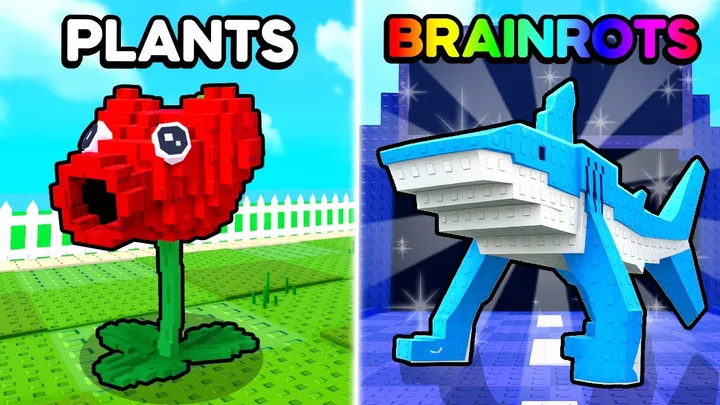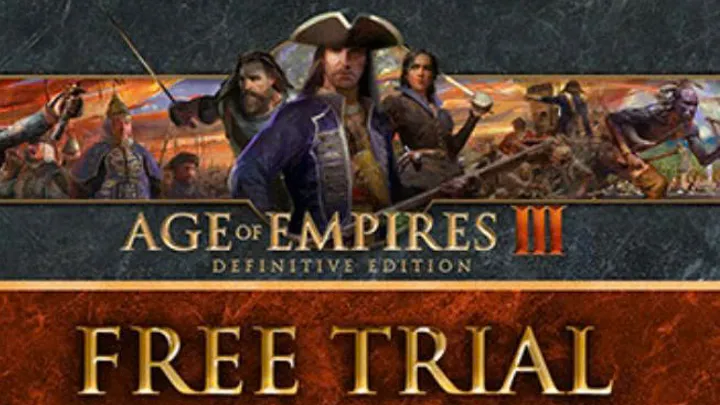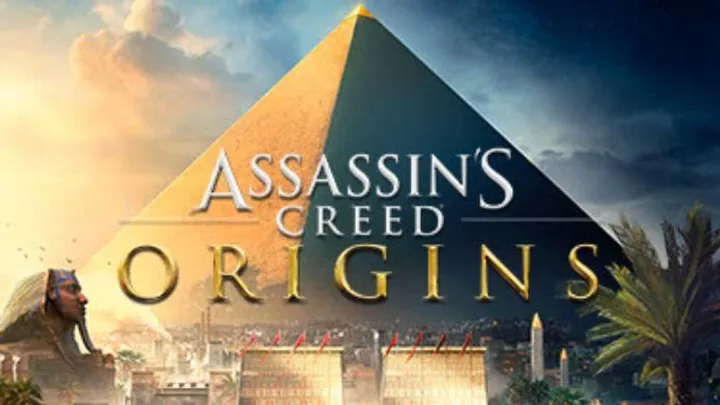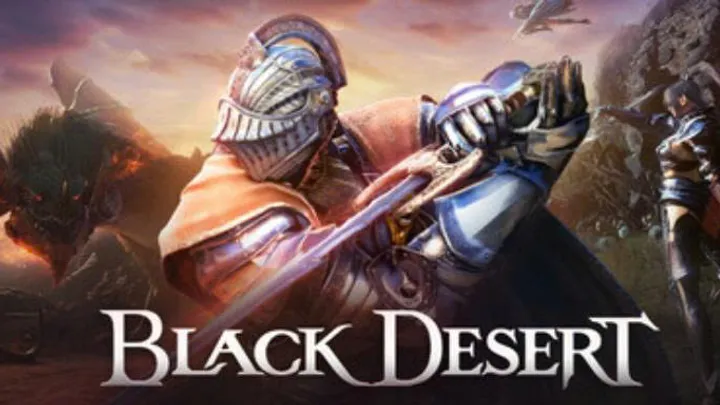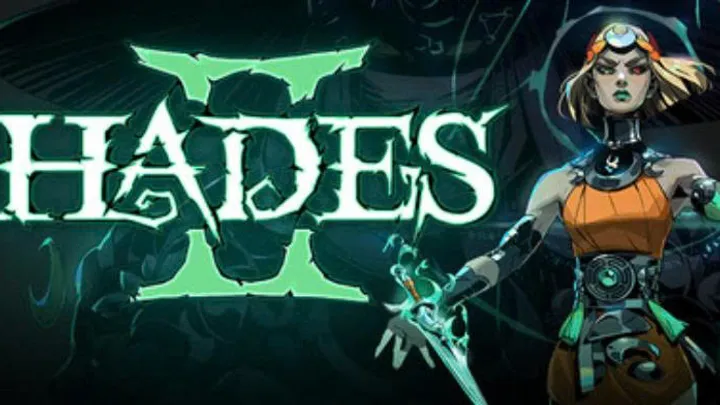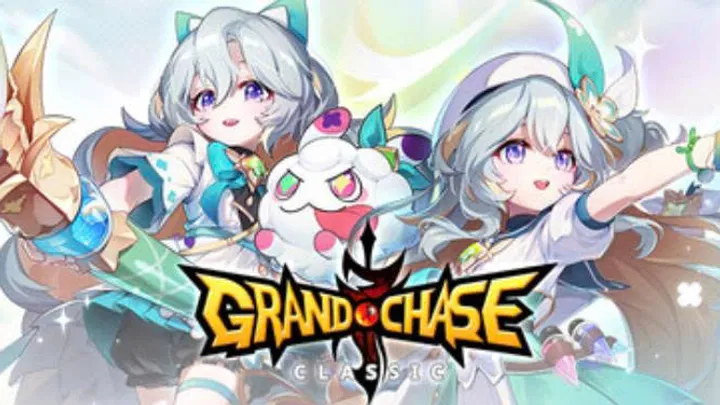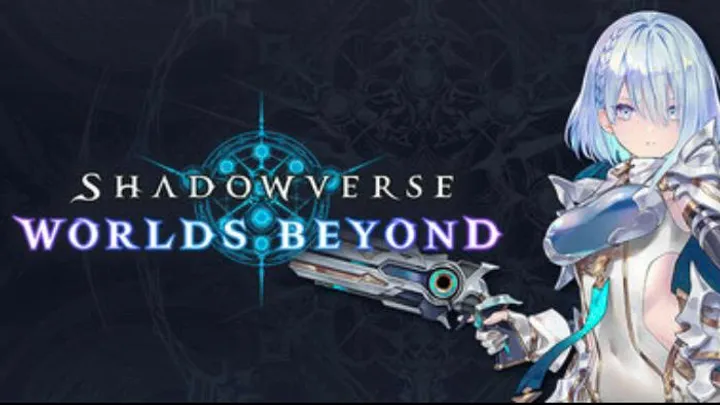The First Descendant, developed by Nexon, emerged as a promising entry in the free-to-play looter-shooter genre. At launch, it attracted massive attention with millions of players eager to experience its mix of cinematic gunplay, flashy visuals, and varied character classes called “Descendants.”
However, beneath the surface of its exciting combat and cooperative boss battles lies a fundamental issue: the tension between endless grind and heavy monetization. Players have accused the game of being overly dependent on repetitive tasks and offering paid shortcuts that feel less like convenience and more like coercion. This article explores the root causes of this issue, how it has evolved, and what it means for the long-term future of the game.
Origins of the Game and Initial Promise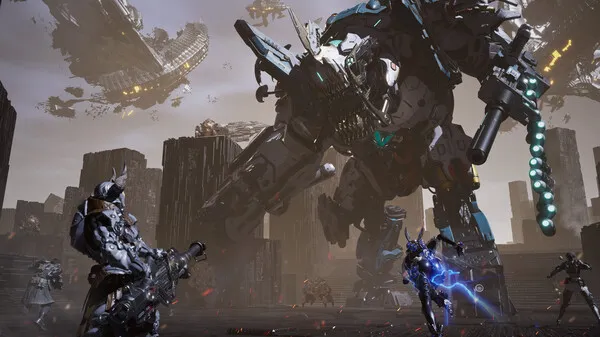
When The First Descendant was first revealed, anticipation ran high. The promise of a looter-shooter that could compete with titles like Destiny and Warframe was enticing. Its polished visuals, varied characters, and cooperative mission design suggested a new contender in the genre.
Many players hoped that the game would strike the right balance between free content and optional monetization. The beta previews showed exciting bosses, flashy combat, and progression that seemed accessible even to free players. Optimism grew that Nexon had learned from the mistakes of other live service games.
Monetization Model: Expectations vs Reality
What Players Expected
Players entering a free-to-play looter-shooter typically expect a few things:
- The grind should be challenging but fair.
- Paying money should provide cosmetic items or modest convenience, not outright power.
- Unlocking new characters and weapons should feel rewarding, not exhausting.
What They Got
The First Descendant leaned heavily into grind. Unlocking new Descendants or upgrading gear often required repetitive missions, long research timers, and rare item drops. Many players discovered that they could spend real money to bypass these barriers—sometimes at high prices.
This created a perception that progression was intentionally slowed to push players toward spending. Rather than optional convenience, monetization felt like the only way to realistically keep up with the game’s demands.
Performance Issues Make It Worse
Even the most grind-heavy games can retain players if the gameplay loop is smooth and rewarding. Unfortunately, The First Descendant struggled with technical problems:
- Frame rate drops during busy fights.
- Crashes that erased progress.
- Bugs where missions failed to trigger objectives.
- Store glitches where paid purchases didn’t appear immediately.
When technical flaws interfere with already demanding grind systems, frustration multiplies. Players felt their time was wasted, whether by failed missions or by being nudged toward payment as a solution.
Launch and Early Reactions
The initial launch period painted a clear picture. Players praised the visuals and gunplay but quickly pointed out problems:
- Steep grind for character unlocks.
- Repetitive mission structure.
- Long research timers that locked content.
- Expensive monetization bundles.
Some enjoyed the early hours, but many reviews began highlighting how progression slowed to a crawl after the honeymoon period. The shine of flashy boss fights faded under the weight of repetition.
Why Grind Backfires in The First Descendant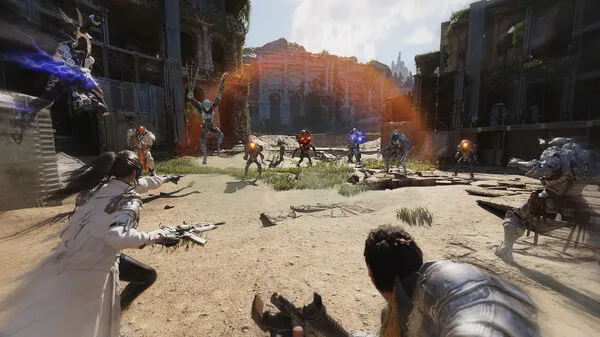
Psychological Burnout
Progression systems are meant to reward dedication. But when rewards are spaced too far apart or rely too heavily on luck, players experience burnout. Instead of excitement, each session feels like a chore.
Opportunity Cost
Players compare experiences across games. If another looter-shooter offers faster rewards or more variety, time spent in The First Descendant feels less valuable. This comparison pushes players to abandon the grind altogether.
RNG and Frustration
Many key items required to unlock characters or weapons had extremely low drop rates. This RNG reliance meant players could repeat the same mission dozens of times without progress. For some, this made paying money feel less like an option and more like a necessity.
Pay-to-Skip or Pay-to-Win?
A critical debate is whether The First Descendant’s monetization crosses the line into pay-to-win.
- Paying money allows players to skip research timers or buy character bundles outright.
- Free players, meanwhile, must endure hours of repetitive grind.
- The advantage is not just convenience—paid options accelerate access to stronger gear and characters.
While not a direct competitive advantage against other players (since the game is PvE-focused), the imbalance between free and paying users creates resentment. Players feel that their investment of time is undervalued compared to someone who spends money.
Community Backlash
As the grind and monetization issues became clearer, community backlash intensified. Players flooded forums and reviews with complaints about:
- Predatory monetization practices.
- Excessive grind required for free players.
- Technical issues compounding frustration.
- A lack of meaningful endgame content beyond repetition.
Streamers and content creators amplified these criticisms, showing in real time how punishing the grind could be without paying. This visibility eroded trust and made it harder for new players to commit long-term.
Consequences: Declining Player Base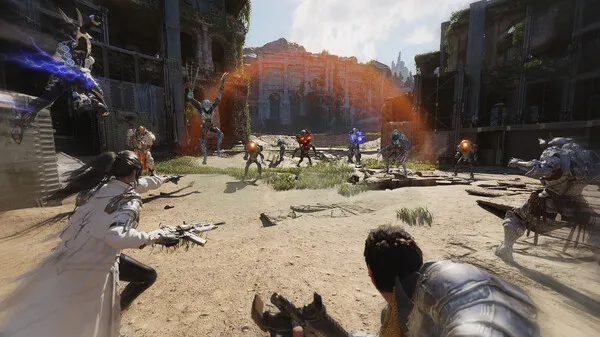
The consequences of this imbalance became visible within months. Despite a strong launch, active player numbers dropped sharply. Many cited the same reasons: the grind was unsustainable, monetization felt unfair, and content variety was too limited.
This decline in active users poses a major challenge for any live service game. Without a large player base, matchmaking slows, cooperative play becomes less reliable, and the community ecosystem weakens. The very foundation of the game’s model begins to crack.
How Nexon Responded
To its credit, Nexon has made attempts to fix some issues:
- Addressing shop bugs where purchases weren’t delivered.
- Improving stability and patching performance issues.
- Introducing new content updates, though at a slower pace than players wanted.
However, many changes were reactive rather than proactive. Core problems with grind pacing, monetization, and content variety remain. For many former players, trust has already been broken.
Path Forward: What Needs to Change
If The First Descendant is to recover, several adjustments are essential:
- Transparency – Publish clear drop rates and progression expectations so players know what they’re working toward.
- Better Reward Curves – Ensure consistent progression, especially in the early and mid-game, to prevent burnout.
- Content Variety – Expand mission types, enemy designs, and endgame activities to reduce repetition.
- Ethical Monetization – Focus monetization on cosmetics and true convenience, not on skipping core gameplay.
- Technical Stability – Continue optimizing performance and eliminating bugs that waste player time.
- Community Trust – Maintain open communication with players and involve them in balancing decisions.
Broader Lessons for Live Service Games
The First Descendant’s struggles highlight broader lessons for the live service genre:
- Players will abandon even a promising game if progression feels exploitative.
- Monetization must enhance, not obstruct, the core experience.
- Trust is hard to earn and easy to lose; transparency and fairness are crucial.
- Long-term retention requires more than flashy visuals—it requires respect for the player’s time.
Conclusion
The First Descendant burst onto the scene with strong visuals, promising combat, and the potential to carve a niche in the looter-shooter genre. But its reliance on excessive grind, paired with monetization systems that encourage paying to bypass that grind, has alienated much of its player base.
If Nexon can rework its progression systems, rebalance monetization, and expand content variety, the game still has the chance to recover. Without such changes, it risks being remembered as yet another live service game that squandered its potential by prioritizing monetization over meaningful player experience.
